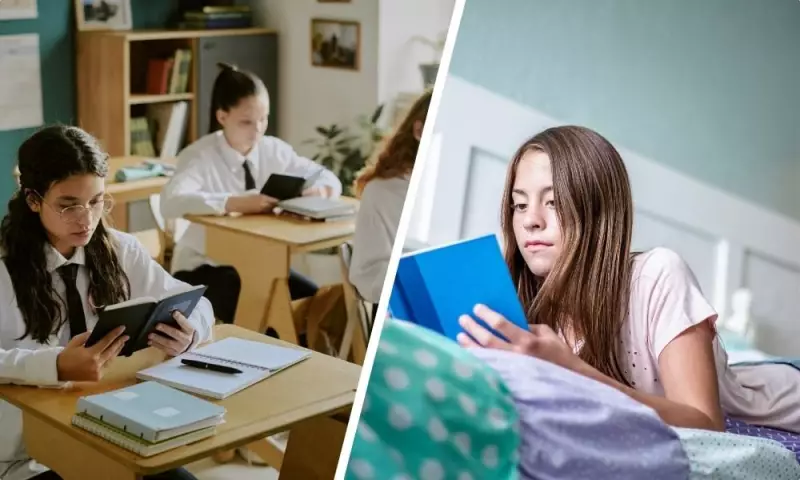
A concerning trend is emerging in classrooms across the United Kingdom, as new research reveals secondary school pupils are increasingly turning away from reading for enjoyment.
The survey findings paint a worrying picture of changing habits among teenagers, with many opting for screens over books during their leisure time. This shift away from recreational reading could have significant implications for literacy development and academic achievement.
The Numbers Tell the Story
According to the comprehensive study, there has been a marked decrease in the number of students who regularly read for fun outside of school requirements. The data suggests this decline becomes particularly pronounced as children progress through their secondary education years.
Educators and literacy experts are expressing growing concern about these findings. Regular recreational reading has long been associated with improved vocabulary, enhanced comprehension skills, and better academic performance across all subjects.
What's Driving the Decline?
Several factors appear to be contributing to this troubling trend:
- Digital distraction - The constant pull of social media, streaming services, and online entertainment
- Academic pressure - Increased homework loads and examination focus leaving less time for leisure reading
- Changing habits - The gradual replacement of book reading with other forms of entertainment
- Access issues - Reduced access to engaging reading materials that capture teenage interests
"We're witnessing a fundamental shift in how young people engage with stories and information," noted one education specialist familiar with the research.
Why Reading for Pleasure Matters
The benefits of regular reading extend far beyond the English classroom. Students who read for enjoyment typically demonstrate:
- Stronger analytical thinking skills
- Enhanced empathy and emotional intelligence
- Better academic outcomes across multiple subjects
- Improved concentration and focus
- Expanded vocabulary and communication abilities
As one literacy advocate explained, "Reading for pleasure isn't just a nice extra—it's a crucial component of cognitive and emotional development during the teenage years."
The Path Forward
Schools and parents are being encouraged to take proactive steps to reverse this trend. Suggestions include creating dedicated reading time, providing access to diverse and engaging book selections, and modelling positive reading behaviour at home.
The challenge now lies in making reading competitive with digital alternatives and demonstrating its value to a generation increasingly drawn to instant gratification entertainment.





